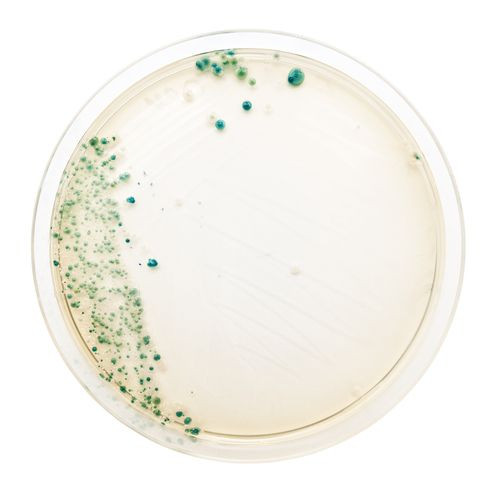Gut Bacteria Rapidly Changes With Diet: Gut Microbiome More Sensitive Than Previously Believed

Why would anyone think bacteria are exciting? Considering trillions live inside your body, like some alien presence straight out of some sci-fi classic, at the very least you might begin to see the potential for fright. Now, scientists who investigate the bacterial community living inside our intestines, commonly referred to as the gut microbiome, have discovered that the composition of this occupying force undergoes significant change depending on what you eat.
“The gut microbiome is potentially quite sensitive to what we eat,” Lawrence David, an assistant professor at the Institute for Genome Sciences and Policy at Duke University, told HealthDay. “And it is sensitive on time scales shorter than had previously been thought.” In his latest research, conducted with a team of colleagues and published in Nature, David explored the ways and time frame in which diet might alter the community structure and activity of the microorganisms lingering within our intestinal tracts. This microbial presence is key to human health because it carries out digestive processes that our bodies cannot.
For the study, then, the team of scientists enrolled six men and four women between the ages of 21 and 33 willing to both experiment with their diets and also consent to examination of their gut microbiome. During the first four days of the study, participants ate their usual foods. Then, the researchers requested they eat, for a five-day period, either a diet based entirely on animal products or one based entirely on plant products. Next, the participants returned to their usual diets and then switched one more time to either a plant or animal-based diet, whichever was opposite of their original choice.
What did the scientists discover after analysis of all the data? The scientists observed that the microbial activity taking place in participants’ guts mirrored differences between herbivorous and carnivorous mammals. For instance, the diet based exclusively on animal products contributed to the most dramatic changes in the bacterial community, inspiring growth of 22 species, among them bile-tolerant microorganisms (Alistipes, Bilophila wadsworthia, and Bacteroides). The animal-based diet also decreased the levels of Firmicutes, including Roseburia, Eubacterium rectale, and Ruminococcus bromii, which are necessary to metabolizing complex carbohydrates typically found in plants. Meanwhile, just three bacterial species came to prominence during the periods participants consumed only plant-based foods.
“In concert, these results demonstrate that the gut microbiome can rapidly respond to altered diet, potentially facilitating the diversity of human dietary lifestyles,” the authors wrote in their study.
What surprised the researchers most was the speed at which these changes could take place. "The relative abundance of various bacteria species looked like it shifted within a day after the food hit the gut," David told NPR. Even more, the bacteria started to change their behavior after about three days on each diet. David added, "The kind of genes turned on in the microbes changed in both diets.”
Ten times as many microbial cells, compared to human cells, exist in the human body and the total number of microbial genes contained within them amounts to about 3.3 million. In sci-fi terms, a separate being occupies our bodies! Less foolish scientists, though, have simply reframed their portrait of the body and now speak of the human genome “as an amalgam of human genes and those of our microbes.” Because of the difficulty of reproducing necessary growth conditions in a lab, most bacterial species residing in our guts have never been isolated, cultured, or sequenced. Identification and categorization of taxonomic groups within the microbiome —an examination of the teeming, alien presence within each of us — is the current focus of research projects within the field of metagenomics.
Source: David LA, Maurice CF, Carmody RN, et al. Diet rapidly and reproducibly alters the human gut microbiome. Nature. 2013.



























